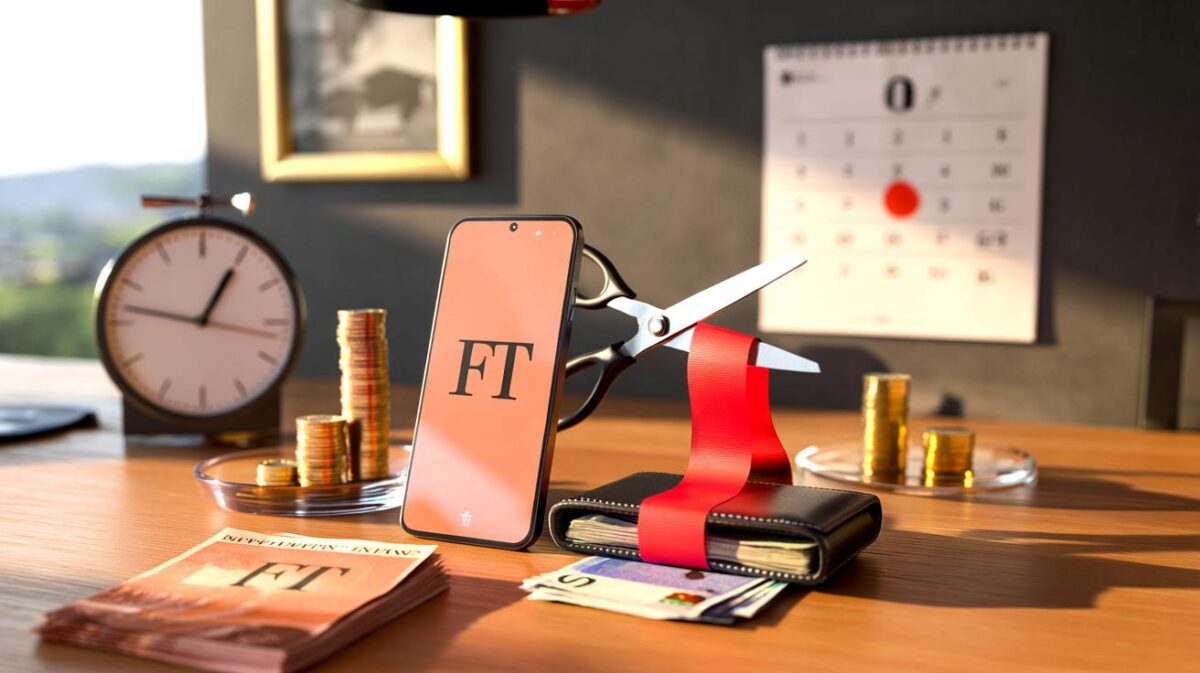You’re not alone today.
If you booked an escorted tour to Vietnam months ago and then watched the exact same itinerary drop by £1,300, you’re probably fuming. That feeling is valid. Yet this gap between early and late prices has a logic that travel firms won’t shout about but rely on every season.
What happened to that £1,300
Escorted tours mix airline seats, hotel nights and ground transport. Those elements expire if unsold. As departure nears, operators watch their load closely. If seats remain, price cuts follow. In your case, the publicly listed fare fell from £5,795 to £4,495 — a 22% cut designed to fill the coach, not to punish the keen.
Late discounts are a lever to shift perishable inventory. An empty seat at take-off earns nothing, so a deep cut beats no booking.
Most travel contracts allow prices to move in both directions before you travel. The model mirrors airline yield management: push price up if demand runs hot; trim hard if bookings lag. Tours face extra pressure because they need a viable group size and must cover fixed guide, coach and venue costs already committed.
Is it fair to loyal early bookers
Fairness depends on what you value. Early buyers secure dates, cabin or room types, and peace of mind. Late buyers accept risk for a possible bargain. Both play a game with time, inventory and nerve.
| Booking timing | Typical benefits | Risks and costs |
|---|---|---|
| Early (9–18 months) | Best choice of rooms and flights; time to arrange visas; instalment plans | Price may drop; harder to change without fees |
| Mid (4–8 months) | Balanced choice and price; promos sometimes appear | Key dates may sell out; limited promo stacking |
| Late (0–3 months) | Deep discounts on weak dates; add-ons sometimes bundled | Fewer choices; higher airfare add-ons; single supplements more likely |
Why operators slash prices
- Perishability: unused seats and rooms have zero value after departure.
- Fixed commitments: guides, permits and coaches are already paid; every extra sale spreads costs.
- Demand dips: currency swings, news cycles or weather can soften bookings.
- Cash flow: a busy-looking tour attracts more late buyers; price cuts create momentum.
A late discount protects the operator’s bottom line; it isn’t a judgement on early buyers, it’s a tool to fill gaps.
Can you claim the difference
Usually not, unless your confirmation includes a written price-drop guarantee. Most operators exclude retrospective price matching. A small number of brands make a public promise to credit fare differences on like-for-like bookings; these policies tend to appear on cruises or premium tours and often come with conditions on cabin grade, date and availability. If your operator advertises such a guarantee, place a dated screenshot next to your booking documents and ask for a credit to your balance or an onboard/on-tour spend allowance.
What you can try now
- Ask for a goodwill gesture: a cabin or room upgrade, airport lounge access, or a complimentary excursion. Phrase it as a loyal-customer request rather than a demand.
- Request re-pricing: if your fare rules allow changes, compare the rebooking fee with the £1,300 gap. Switch only if the maths makes sense.
- See if extras can be added: airport transfers, baggage, or internal flight seat selection can offset the sting without cash refunds.
- Watch for add-on sales: operators sometimes run 2-for-1 excursions or dining bundles for existing bookings; those can bring tangible value.
- If cancellation is permitted: weigh the penalty against the saving and the risk of losing your place or preferred flight times.
Run the numbers: if the saving exceeds all fees and you’re happy to accept new conditions, a cancel-and-rebook can be rational.
How to protect yourself next time
- Prioritise guarantees: choose firms that spell out a price-drop promise in writing, not in sales patter.
- Use flexible fares where it matters: a flexible tour or air ticket can let you re-price if the market softens.
- Book air and tour as a package: it centralises responsibility and sometimes improves rebooking options.
- Set price alerts: track competitor tours on similar dates; operators notice market pressure.
- Time your buy: peak dates and niche itineraries reward early booking; commoditised departures often reward patience.
- Pay by credit card: Section 75 gives recourse if the operator fails. It doesn’t cover price drops, but it protects your money.
Vietnam in January: was your choice still wise
On travel merit alone, January suits many Vietnam itineraries. The north, including Hanoi and Ha Long Bay, is cool and largely dry, ideal for walking the Old Quarter and cruising limestone karsts without summer haze. The centre, from Hue to Hoi An, is transitioning out of the wet season; showers linger, but floods become less likely as the month progresses. The south, including Ho Chi Minh City and the Mekong Delta, sits in its dry season with warm days and clearer skies. That climate spread is why escorted tours favour January dates — and why late sales can appear if operators over-order capacity.
Stretch your budget on the ground. When meals aren’t included, step beyond hotel restaurants. Street vendors and family-run kitchens serve standout bowls of pho, bun cha or com tam for a fraction of international hotel prices. Choose busy stalls, watch food cooked to order and carry small notes. You’ll eat well and avoid paying tourist mark-ups.
A quick reality check
You booked at a price you judged fair on the day. The later discount changes the market, not the value of your memories-to-be.
Still annoyed? Channel it into leverage. Ask for a perk. Track policies before your next booking. If a brand publicly vouches to honour price drops, reward it with your business.
Extra context that helps you decide
Yield management, in plain terms
Operators forecast demand, set an initial price, then nudge fares to balance seats and revenue. When forecasts miss, discounts appear. The system rewards flexibility and punishes rigidity. Knowing that helps you decide whether to book early for certainty or wait for a deal.
A simple savings simulation
- Original tour price: £5,795
- New price: £4,495 (saving £1,300)
- Cancel/rebook fee quoted: £600 per person
- Net gain if you switch: £700 per person
Now add the risk of losing your chosen flights, your preferred room and any included extras. If those matter, a goodwill upgrade or added excursion may be the smarter ask.
Red flags when chasing a lower price
- Different room or cabin grade hidden in the small print.
- Non-identical itinerary or date shifts that trim a day.
- Non-transferable offers limited to new bookings only.
- Hefty single supplements that erase the headline saving.
Seek value, not just a headline saving: upgrades, added experiences and well-timed dates can beat a lower sticker price.









Ouch—I booked at £5,795 too. Anyone actually managed a goodwill upgrade or lounge access after the £1,300 drop?
So “yield management” is basically “wait till the coach looks empty”? Guess my patience was on holiday as well. Next time I’ll set price alerts and chilll. Also, any tips on flexible fares that still earn miles?